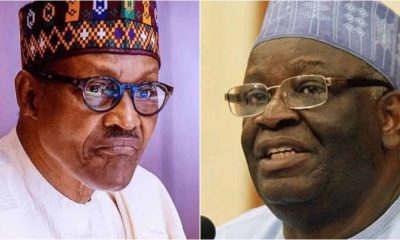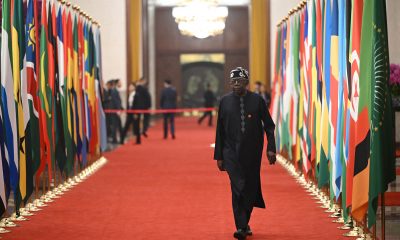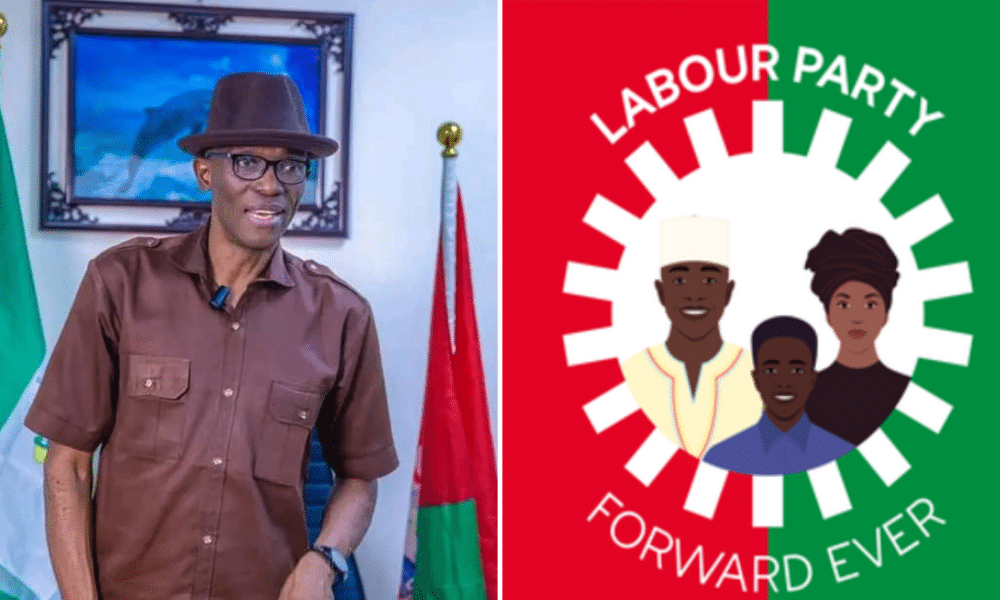Between 2022 and 2023, the Labour Party (LP) achieved unprecedented political success, capitalizing on widespread disillusionment with former President Muhammadu Buhari’s administration and a weakened opposition from the fragmented Peoples Democratic Party (PDP).
The political landscape leading up to the 2023 presidential election provided a unique opportunity for the LP to shine—and shine it did.
A significant factor in the LP’s rise was the PDP’s failure to address the presidential ambitions of Alhaji Atiku Abubakar, a perennial candidate, at a time when the nation largely favored a southern president.
This led to Peter Obi, a southern politician who realized his presidential aspirations within the PDP were unattainable, joining the LP. Obi’s departure, coupled with the discontent of the PDP’s G-5 governors, severely weakened the party, which once prided itself as Africa’s largest.
Simultaneously, dissatisfaction with Buhari’s All Progressive Congress (APC) grew, even as Bola Tinubu, the APC’s then-presidential candidate and one of Nigeria’s most formidable politicians, entered the race.
Despite Tinubu’s strength, the surge in Obi’s popularity and the fervent support of the “Obidients”—his loyal followers—posed a significant challenge.
READ ALSO: Aisha Yesufu berates Onanuga over attack on Labour Party on minimum wage national strike
While Peter Obi ultimately placed third in the presidential election, the LP still managed to disrupt the political order.
Obi notably defeated Tinubu in Lagos, Tinubu’s political stronghold. Moreover, the LP secured six Senate seats and 34 seats in the House of Representatives—an unprecedented achievement in the party’s history.
However, the LP’s internal struggles threaten to undermine these gains. The party has been plagued by intractable conflicts, particularly under the leadership of its chairman, Julius Abure.
Earlier this year, Abure organized a National Convention that was met with resistance from key stakeholders, including the Nigeria Labour Congress (NLC), which questioned the legitimacy of Abure’s leadership. Many within the party view the convention as a sham.
The LP’s internal discord has been exacerbated by the lack of a unifying figure akin to President Bola Tinubu within the APC. Peter Obi, despite his influence, has been criticized for lacking the political acumen to foster unity within the LP.
This sentiment was echoed by Kenneth Okonkwo, former spokesman for the Obi-Datti Campaign, who announced his resignation from the LP, citing his inability to continue supporting Obi.
READ ALSO: Obi holds private meeting with U.K. Labour Party Member of Parliament, David Lammy , in House of Commons
Recently, tensions escalated when Abure accused Alex Otti, the LP’s only governor from Abia State, of overstepping his bounds by convening a meeting of the National Executive Committee (NEC) without the National Working Committee’s (NWC) approval.
Otti and other key stakeholders believe Abure’s tenure has long expired and have organized a “Stakeholders’ Meeting” scheduled for September 4, which will include prominent figures such as Peter Obi, Datti Baba-Ahmed, and representatives from the NLC and Trade Union Congress.
As the LP navigates these turbulent waters, there is growing concern that the party may fail to build on its recent successes in future elections. If the party does not resolve its internal conflicts and establish a cohesive leadership, it risks squandering the momentum it has gained.

 Latest6 days ago
Latest6 days ago
 Trends7 days ago
Trends7 days ago
 Health1 week ago
Health1 week ago
 Football1 week ago
Football1 week ago
 Football1 week ago
Football1 week ago
 Latest1 week ago
Latest1 week ago
 Health1 week ago
Health1 week ago
 Latest1 week ago
Latest1 week ago

